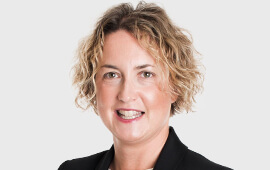As well as the formal Covid-19 pathway, we are aware of many ad hoc funding arrangements that took place at the height of the crisis, where respective local authorities also funded care home placements on a temporary basis.
Now that hospital case numbers have fallen, CCGs and local authorities are seeking to formalise these temporary arrangements. The practical effect of this is that professionals may now be approaching you, either as the person who has received care or their family member, about back-dated and future payments.
If you or your loved one is classed as a ‘self-funder’ (in short, if you have capital assets of over £23,250 which may or may not include your home, depending on the circumstances) then future care fees payments will now need to be paid. Whether or not back-dated payments are also owed is a more complex question and will depend on a lot of factors. You should seek specialist legal advice from a member of our team if you are unsure.
The difficulty that we have found some families facing because of this is that their loved one may now have lost the mental capacity to manage their own property and financial affairs. If your family member does not already have a Lasting Power of Attorney (LPA) for property and financial affairs, or an Enduring Power of Attorney (EPA) in place, then unfortunately there is no one in place who has the legal authority to arrange those payments.
In circumstances where a person has lost capacity to manage their own financial affairs and does not have an LPA or an EPA in place, an application will need to be made to the Court of Protection for a Deputy to be appointed. The Deputy can then pay the person’s bills from their cash assets, organise their pension, sell their property or take other financial decisions as needed, depending on the circumstances.
If you or your loved one is facing a care fees bill because of Covid-19 and you have concerns about how this can be paid, contact our Court of Protection specialist, Marie O’Malley on 01926 354704 for a free initial telephone consultation.

Marie O'Malley
